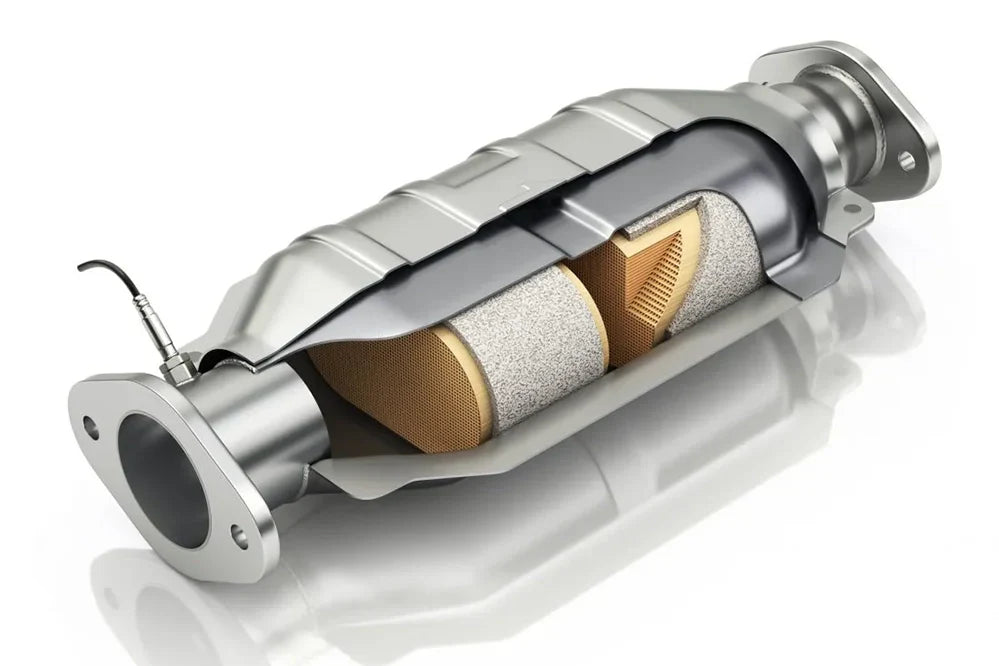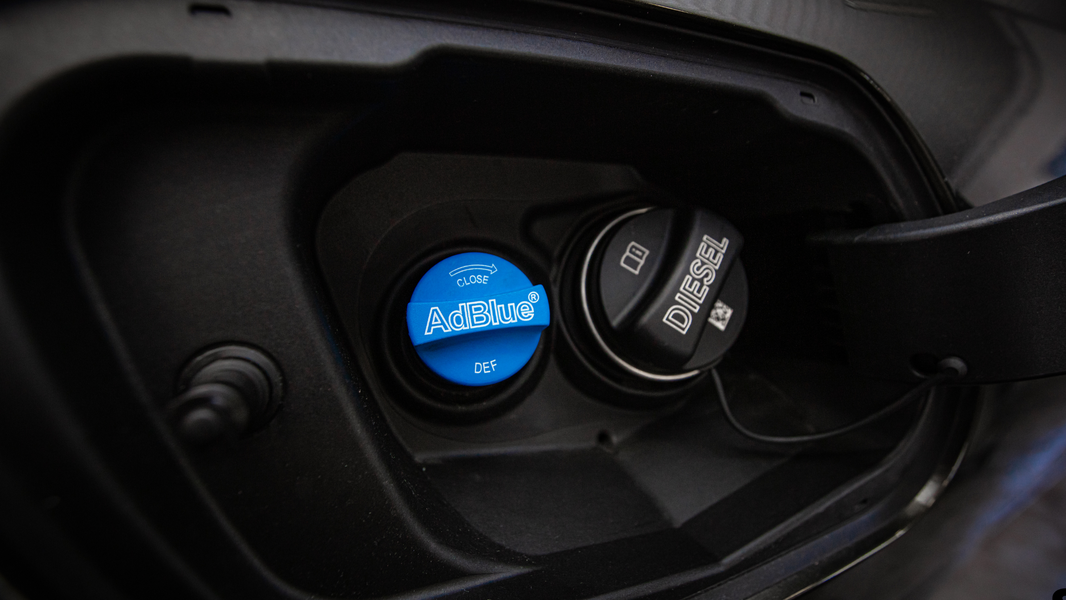AdBlue is a crucial component in modern diesel engines, designed to reduce harmful nitrogen oxide (NOx) emissions and comply with environmental regulations. While some may consider disabling the AdBlue system to avoid maintenance costs or bypass system faults, doing so comes with serious consequences:
-
Legal and Financial Penalties – In many countries, tampering with or disabling the AdBlue system is illegal. Fines, vehicle impoundment, and even business penalties can be imposed for non-compliance.
-
Increased Emissions – AdBlue helps reduce NOx emissions, which are harmful pollutants linked to respiratory diseases and environmental damage. Disabling it contributes to increased air pollution, negatively affecting public health and the environment.
-
Reduced Engine Performance – Many modern diesel engines rely on AdBlue for optimal efficiency. Disabling the system can lead to reduced fuel efficiency, engine power limitations, and unexpected system malfunctions.
-
Technical Issues & Risk of Engine Damage – AdBlue systems are integrated into the vehicle’s ECU. Disabling it can trigger warning lights, limp mode activation, or even software conflicts that may damage engine components over time.
-
Resale and Warranty Issues – Vehicles with a disabled AdBlue system can lose their manufacturer warranty and may fail mandatory emissions inspections, reducing resale value and creating difficulties during legal roadworthiness checks.
Instead of disabling AdBlue, it’s better to address any system faults properly by using the right diagnostic tools and maintenance solutions. Keeping the system functional ensures compliance, better engine performance, and a cleaner environment.





